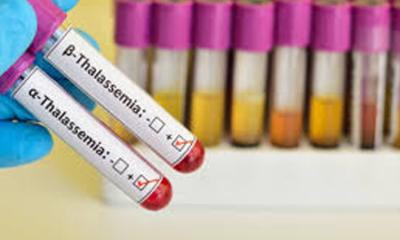The rise in tragic child deaths, exemplified by cases like those of Ayan and Ahnaf, attributed to mistreatment, has become a concerning trend.
Families of the victims often allege that anesthesia plays a pivotal role in these unfortunate deaths. Halothane, a drug extensively utilized in anesthesia for decades, has recently come under scrutiny amidst mounting complaints.
Experts have expressed concerns over the safety of halothane, indicating a surge in its associated risks. Dr. Debbrat Vanik, President of the Bangladesh Society of Anesthesiologists, Critical Care and Pain Physicians, highlighted the prevailing issues, stating, "The use of halothane in anesthesia is widespread in our country. Despite the discontinuation of production by ACI Pharmaceuticals, it remains available in abundance in various stores."
He further elaborated on the dubious practices surrounding the distribution of halothane, emphasizing the lack of regulation and quality control. "The unauthorized bottling and sale of halothane without proper processes pose significant risks to patients. Over the past 12 years, numerous deaths have been linked to improper administration of anesthesia," Dr. Vanik added.
Attributing previous accidents to illegally prepared halothane, Dr. Vanik stressed the urgent need for regulatory measures to curb its indiscriminate sale and usage. He advocated for increased awareness and stricter enforcement to mitigate the risks associated with this dangerous practice.
In light of these concerns, Dr. Vanik recommended alternative drugs such as isoflurane or sevoflurane, which offer safer options for anesthesia. However, he acknowledged the persistent use of halothane in some hospitals due to cost considerations.
Highlighting the government`s role in safeguarding public health, Dr. Vanik called for a ban on the sale and usage of halothane, with stringent measures to ensure compliance. He emphasized the importance of prioritizing patient safety and urged healthcare providers to transition to safer alternatives.
Furthermore, medical professionals anticipate a reduction in additional taxes on medicines, which could facilitate access to safer anesthesia options and enhance patient care.




-20260106082251.webp)

-20251231101531.webp)




-20260305071113.webp)




-20260304091720.webp)






-20260303080739.webp)














-20260228064648.jpg)
